A Conversation About Child Safety During COVID-19
We are continuing to conducting our investigations, we are just taking precautions with distancing and most recently PPE protections (wearing masks when in contact with public)
Q. What can be done for children who face the dangers of abuse while home from school and other activities?
This is a very sad time for children who are experiencing abuse in their home, often times school provides a “safe” place for children to escape abuse. With schools closed and generally no visitors coming to their home, makes it challenging for children to reach out for help or for someone to identify abuse. Teachers and school administrators who are having contact with kids via homework or zoom classroom meetings are calling us to do welfare checks on children they have concerns about at home. I think PSAs via TV, about abuse and violence in the home would be a great way to reach kids.
Q. What should neighbors be looking for if they suspect abuse is going on behind closed doors?
Listen for yelling and fighting. If the children come out observe them to see if they look like they have been fed, if they have bruises – if appropriate ask them if they are ok ? If you suspect child abuse call 855-444-3911, you can remain anonymous.
Q. With kids not going to school, how should cases of abuse be reported?
If child abuse is occurring call 911 or local police. If child abuse is suspected call 855-444-3911
Q. What else do you want the community to know about child abuse, now?
It is more prevalent than people would like to think, and that child abuse can happen in any family and/or community. One in 10 children will experience sexual abuse before their 18th birthday. People often believe that the “stranger danger” is the real threat to our children when in fact it is most likely someone they know. About 40% of sexual abuse if from older or larger children and approximately 90 % of sexual abuse is from a family member or a person the family trusts. We should not expect young children to protect themselves it is the adults job to protect children and one way is reduce opportunities for people to be alone with your child.
When children “tell” about abuse BELIEVE THEM and seek help from professionals (law enforcement, DHHS Department of Health and Human Services). Care House is an excellent resource for children who have experienced abuse.
I’m so grateful to Lt. Reyes for taking the time to answer my questions. If you’d like more information on what you can do to protect children from child abuse, check out our Strong Families Resource Page and our Mandated Reporter Training website.
